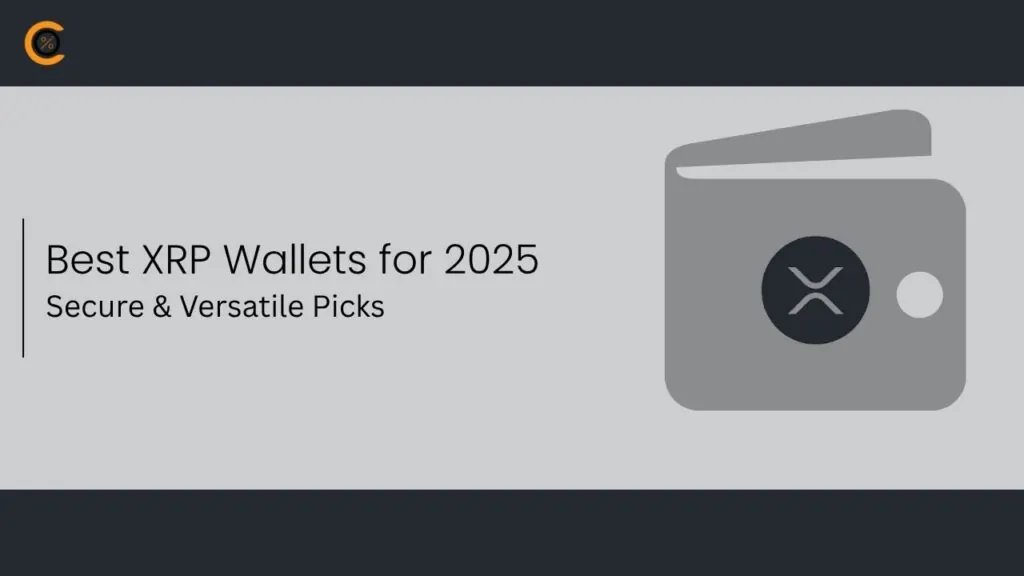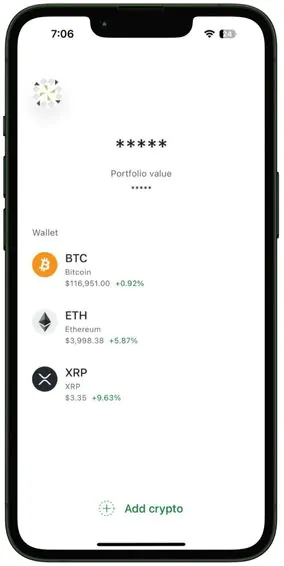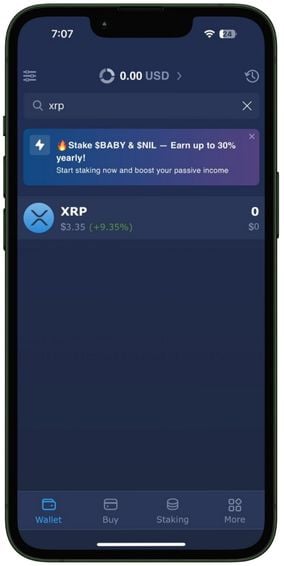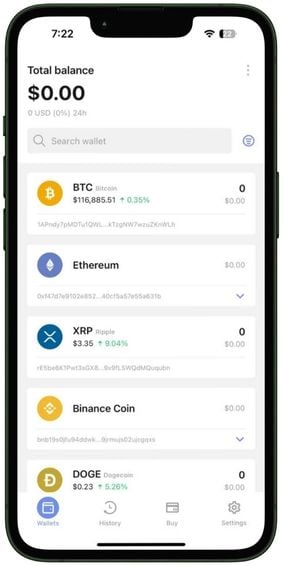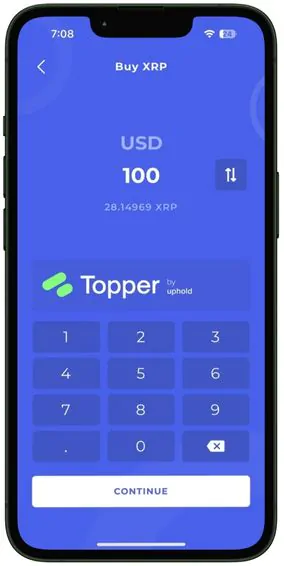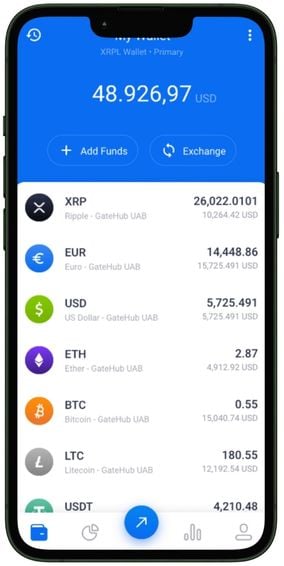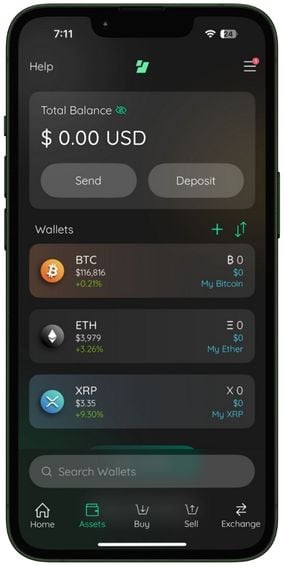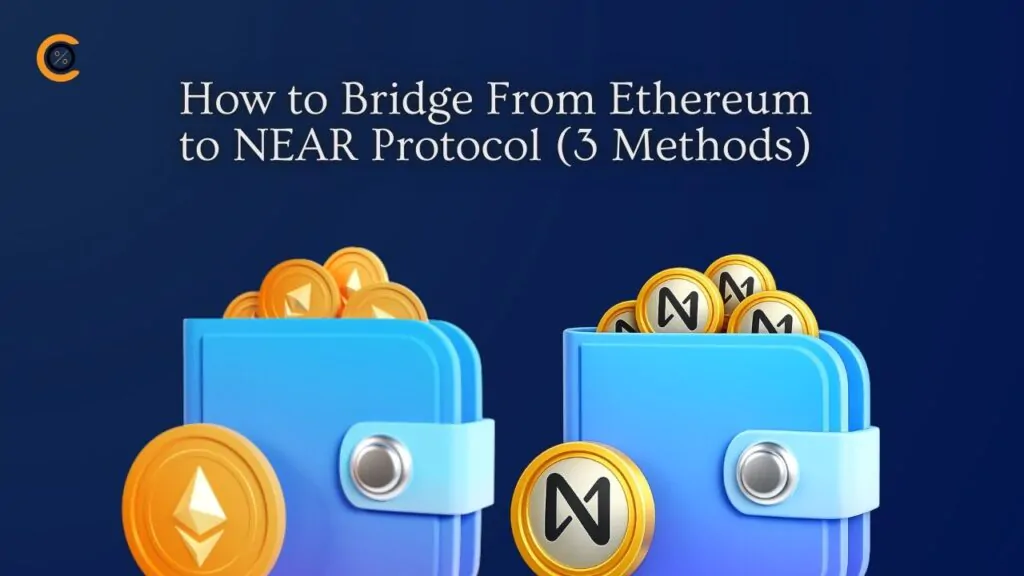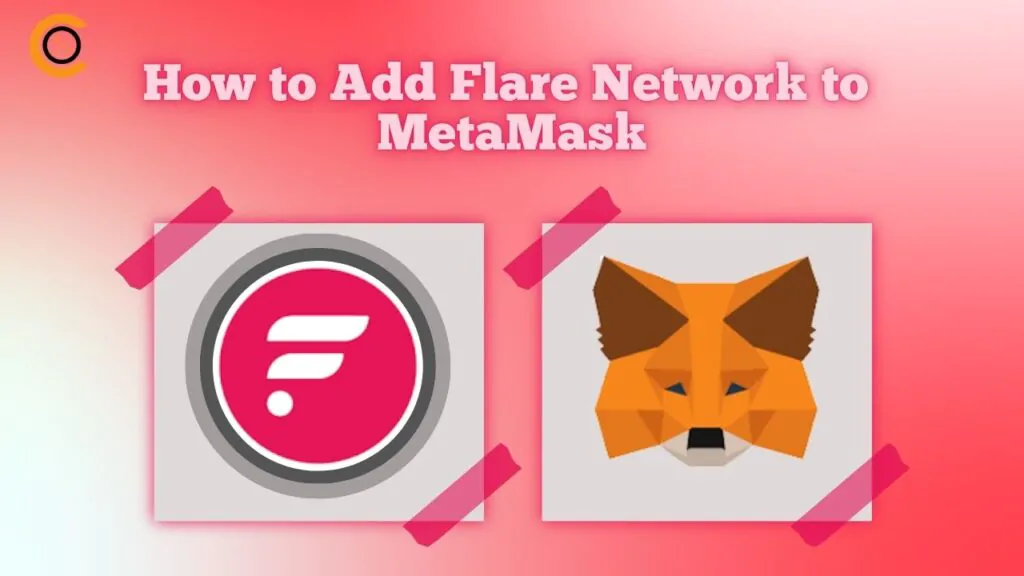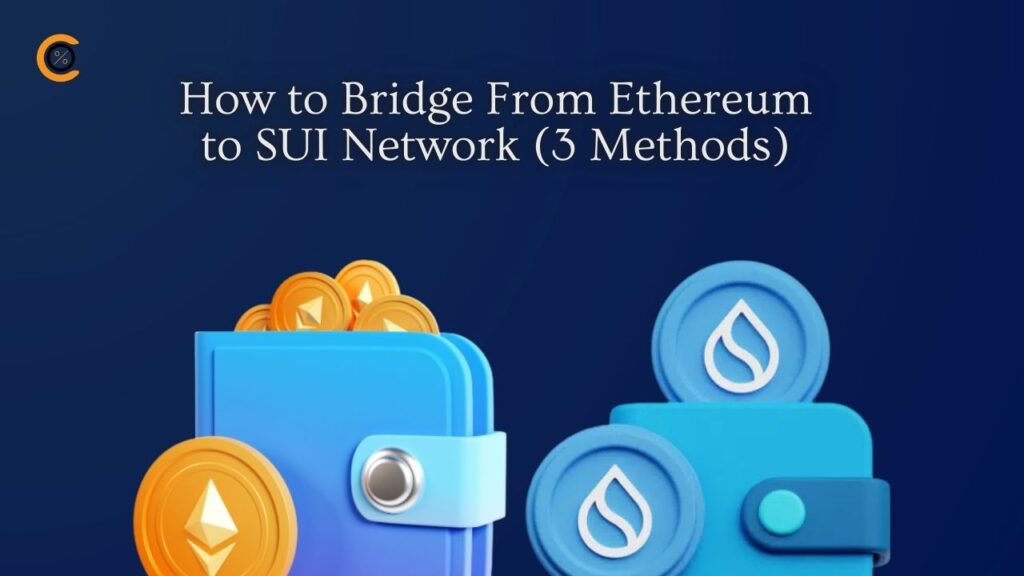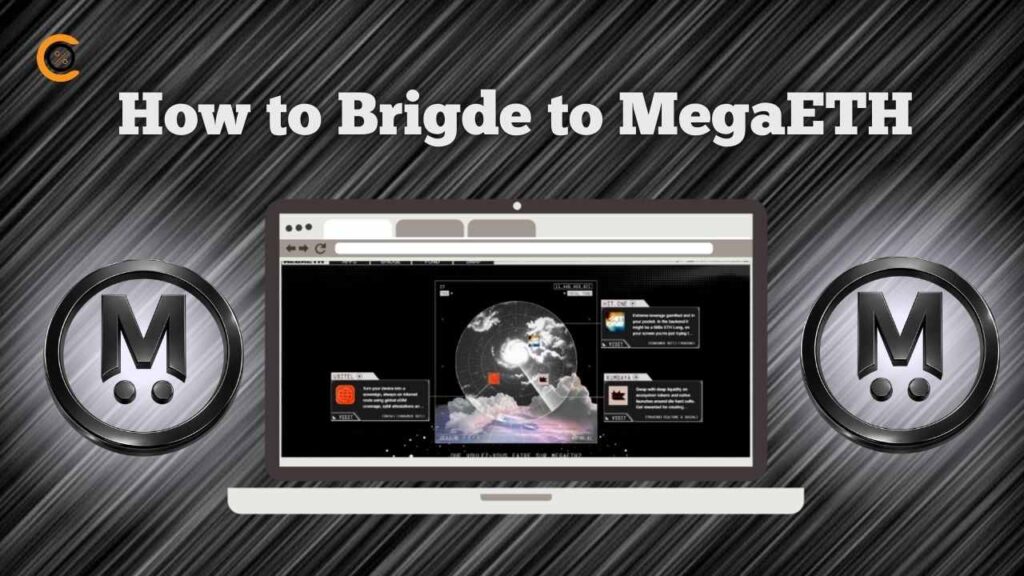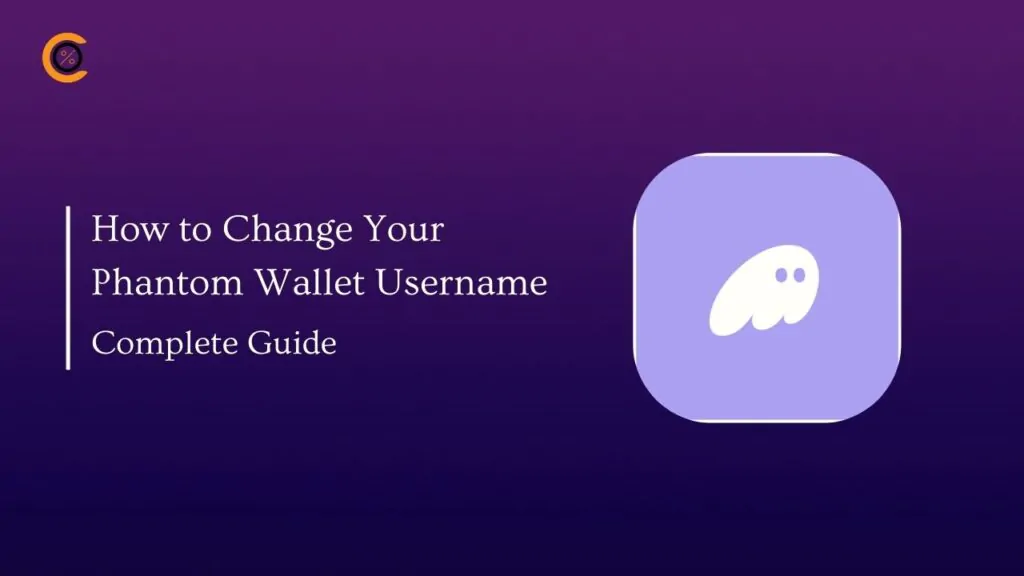-
-
- •XRP wallets now serve broader roles, supporting payments, testing, and tokenization beyond basic storage, thanks to Ripple’s infrastructure growth and evolving XRPL features.
- •Wallets vary by custody, access, and multi-chain support. Some prioritize privacy or DeFi tools, while others cater to XRP-only use cases or XRPL DEX functionality.
- •Choosing the right XRP wallet depends on your priorities, be it asset control, cross-border payments, developer testing, or exploring NFTs and tokenized assets on the XRP Ledger.
-
XRP is increasingly being used for more than holding. David Schwartz, Ripple’s CTO, has stated that XRP was designed to facilitate transactions rather than act as a long-term store of value. That design is now reflected in how users interact with the asset. With the growth of Ripple’s infrastructure and on-chain tools, XRP wallets have become important not only for storing tokens but also for accessing payments, managing test assets, and engaging with tokenized use cases. This guide outlines the best XRP wallets currently available, evaluated on reliability, functionality, and relevance within the XRP ecosystem.
Why Use an XRP Wallet
The rise in XRP wallet usage reflects a shift from passive holding to more active utility. Across community forums and user discussions, a consistent reason for choosing XRP wallets is the ability to process cross-border payments quickly and with minimal fees. XRP transactions settle within seconds, and Ripple’s On-Demand Liquidity (ODL) system is being used to convert one fiat currency to another via XRP, without relying on traditional systems like SWIFT. These mechanics position XRP as a practical option for payment movement, and XRP wallets are the tools that enable that access.
Several users have pointed to XRP’s cost-efficiency as a deciding factor, especially in regions where remittance and settlement options are limited or expensive. In parallel, XRP Ledger’s support for tokenization is opening additional use cases. Wallets are being used to issue, store, and manage custom tokens representing assets like carbon credits, reward points, and NFTs. While the XRPL does not natively support smart contracts, Ethereum-compatible sidechains are beginning to introduce those capabilities.
In developer environments, wallets are also used for interacting with XRP Testnet tokens, particularly by those testing dApps or simulating transaction logic. These shifts suggest a broader adoption trend: XRP wallets are becoming more relevant not just for storage, but for participation in an evolving infrastructure that includes payments, testing, and asset management.
Top 6 XRP Wallets
The following comparison outlines 6 best XRP wallets, each evaluated on core factors like managing assets across networks, prioritizing custody, or preparing to bridge to XRPL. This overview is intended to help identify which wallet aligns best with your specific requirements.
| Wallet | XRP Support | Platforms | Custody | Swap | Chains | Notable Feature |
|---|---|---|---|---|---|---|
| 1. Coin Wallet | Native | Web, Mobile, Desktop | Non-custodial | Yes | Multi-chain | Tor support, hardware key |
| 2. Atomic Wallet | Native | Mobile, Desktop | Non-custodial | Yes | Multi-chain | 1,000+ coins, staking, cashback |
| 3. Guarda Wallet | Native | Web, Mobile, Desktop | Non-custodial | Yes | Multi-chain | 50+ coins, NFT support |
| 4. Bifrost Wallet | Native | Mobile | Non-custodial | Via dApps | Multi-chain | Web3 browser, NFT gallery |
| 5. GateHub Wallet | Native + IOUs | Web | Mixed | Yes (XRPL DEX) | XRP-focused | Custodial & XRPL wallet |
| 6. Edge Wallet | Native | Mobile | Non-custodial | Yes | Multi-chain | 120+ coins, zero-knowledge |
1. Coin Wallet
Coin Wallet is well-suited for users who want complete privacy and full control over their XRP holdings. It’s a self-custodial wallet, meaning you alone hold your private keys, and no registration or KYC is required. This makes it ideal for users who value anonymity, especially those operating in restrictive jurisdictions or simply avoiding centralized platforms. Coin Wallet supports native XRP and integrates with multiple blockchains, so it’s a practical option if you’re managing more than one asset. Its support for Tor and VPN routing adds another layer of security and privacy.
Another strength is its accessibility. It runs on nearly every platform; mobile, desktop, browser, and even as a Tor web wallet, so switching between devices is seamless. You can also use the built-in swap feature to exchange XRP with other coins directly within the app. While it doesn’t offer advanced DeFi or staking, it serves its purpose as a fast, privacy-first wallet.
For users prioritizing self-custody, multi-device access, and anonymous XRP transactions, Coin Wallet remains a dependable and flexible option.
Read More: How to Get Started With Coin Wallet
2. Atomic Wallet
Atomic Wallet is a solid choice for users who prefer a non-custodial wallet with wide asset support. It holds native XRP alongside 1,000+ other coins, making it a convenient option if you manage multiple assets from a single interface. What sets Atomic apart is its built-in swap feature, which lets you exchange XRP for other tokens without needing to use an external exchange. There’s also the option to buy XRP via bank card and stake selected assets, though XRP staking is not supported.
It’s available on both desktop and mobile, which appeals to users who want flexibility across devices. The wallet encrypts your private keys locally and doesn’t require any signup, aligning with self-custody principles.
Atomic Wallet may suit you if you’re looking for a user-managed wallet that combines multi-asset management, basic DeFi tools, and XRP support in a single, streamlined app.
Read More: How to Get Started With Atomic Wallet
3. Guarda Wallet
Guarda Wallet offers native XRP support with a strong focus on usability and cross-platform access. It’s fully non-custodial, meaning your private keys remain with you at all times. This makes it suitable for users who prioritize security but still want convenience. It runs on desktop, mobile, and as a web extension, allowing users to switch devices without losing functionality.
Guarda supports over 50 blockchains and includes built-in swaps, token management, and NFT compatibility, making it ideal for users exploring tokenized assets or managing diversified portfolios. You can also purchase XRP directly within the app.
If you’re looking for a wallet that balances accessibility, multi-chain flexibility, and native XRP support, especially with token interaction or cross-device use in mind, Guarda is worth considering.
Read More: How to Get Started With Guarda Wallet
4. Bifrost Wallet
Bifrost Wallet is built for users who want to interact with the XRP Ledger in a broader Web3 environment. It supports native XRP and several other networks including Flare, Songbird, Ethereum, and Polygon. Available only on mobile, it’s a non-custodial wallet with secure key storage and local encryption.
Bifrost integrates with WalletConnect, allowing users to access dApps and DeFi tools on XRPL and other chains. It also features a Web3 browser, NFT gallery, and support for multiple assets, including tokenized ones. While it doesn’t offer native swaps, users can still access trading via XRPL DEX or through external integrations.
This wallet is best suited for users exploring XRP beyond storage, whether it’s NFT use, interacting with testnet tools, or engaging in multi-chain DeFi via a mobile-first interface.
Read More: How to Get Started With Bitfrost Wallet
5. GateHub Wallet
GateHub gives users two types of XRP wallets: a hosted (custodial) wallet and a full XRPL wallet with private key control. That flexibility makes it useful for both beginners and experienced users. It supports native XRP and IOU tokens issued on the XRP Ledger.
While GateHub is primarily web-based, it offers a built-in swap feature that connects directly to the XRPL’s native DEX. This is particularly valuable for those who want to trade assets on-chain without using third-party apps. Multi-currency IOUs and payment gateways add to its practical utility.
GateHub is best for users looking to access XRP’s decentralized trading layer with minimal setup, or those who want to transition between custodial and non-custodial control as needed.
Read More: How to Get Started With GateHub Wallet
6. Edge Wallet
Edge Wallet is a mobile-only, non-custodial wallet that supports native XRP alongside 120+ cryptocurrencies. It’s ideal for users who prioritize privacy, offering zero-knowledge encryption and client-side key management. No email or KYC is required to get started.
With built-in buy/sell/swap functions, users can manage XRP and other assets without relying on external platforms. The wallet’s simple interface, combined with security features like two-factor authentication and automatic backups, makes it suitable for both new users and those seeking strong control over their data.
Edge is best suited for mobile-first users who want to manage XRP securely on the go, while still having access to multi-asset features and fast in-app swaps.
Read More: How to Get Started With Edge Wallet
Bottom Line
Choosing the best XRP wallet depends entirely on how you plan to use XRP. Some wallets offer deeper privacy, others prioritize multi-chain access, and a few focus on making XRP easier to trade or spend. Whether you’re exploring the XRP Ledger, testing new tools, or simply storing tokens securely, the right wallet will match your level of control, access, and features. Every option listed above supports native XRP and offers something unique. Explore what fits your routine best, and if you’re still new to XRP itself, our guide on What is XRP can help you get started.
FAQs
1. How do I move assets from other chains to the XRP Ledger?
To bridge to XRPL, you’ll need a platform or tool that supports cross-chain transfers. The process usually involves wrapping assets or using trusted gateways. Once bridged, supported wallets like Guarda or Bifrost can help you manage those assets directly on XRPL, including any tokens issued or received.
2. Can I use these wallets to connect with dApps or test XRP features?
Yes. Wallets like Bifrost and Guarda allow you to interact with XRPL-based dApps, tokenized assets, and test environments. If you’re a developer or just exploring XRP’s broader use cases, these wallets can connect to testnet environments where XRP Testnet tokens are used. This allows you to experiment safely before committing real assets.
3. Can I use XRP wallets to access NFTs or tokenized assets?
Yes, wallets like Guarda and Bifrost support NFT interaction and tokenized assets issued on the XRP Ledger. These wallets often come with built-in tools or Web3 browser support that allows users to explore marketplaces, manage issued tokens, or mint new assets.


